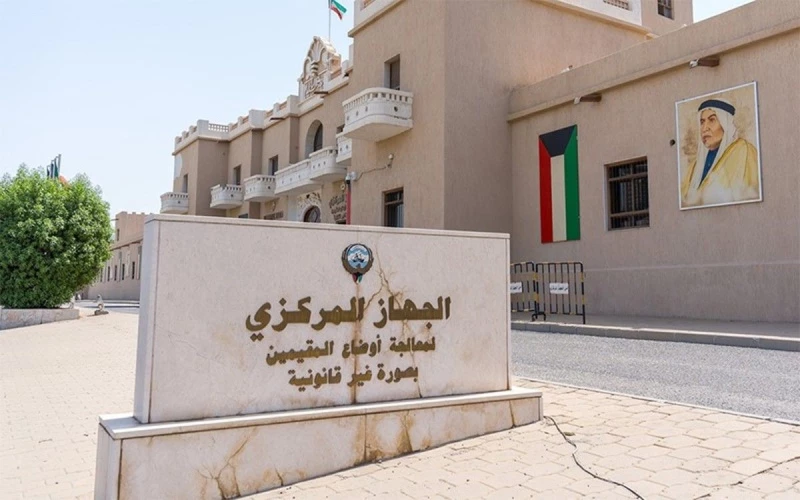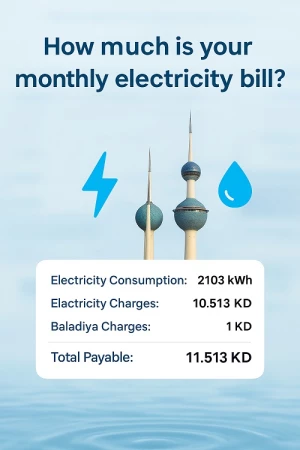Latest News
- Expats Alert: PACI Just Changed The Rules For Updating Your Addr...
- Best Pizza In Kuwait: Top Brands And What To Order
- Best Budget-Friendly Chalets & Villas In Kuwait For Weekend Geta...
- Why Electricity Bills Are Rising In Kuwait & Smart Ways Expats C...
- App Store Optimization: Why It’s Becoming A Core Part Of SEO Str...
- Best Shower Filters In Kuwait For Hair Fall And Skin Protection
- Exness Sets A New Standard Of Consistency In The Trading Industr...
- Instant Withdrawals In Trading – A Game Changer For Traders In K...
- Best Abaya Shop In Kuwait: Editorial Review Of Abay.com
- IPhone 17 In Kuwait: Prices, Colors, Specs & Where To Buy
- Best Drinking Water Filter For Home In Kuwait
- Avoid Common Qatar E-visa Application Mistakes. Learn The Top 5...
Foreign Wives Of Kuwaitis With Revoked Citizenship Can Now Apply For Stateless Status
In a significant move addressing the legal status of certain residents, the Central Agency for Illegal Residents—commonly referred to as the Central Agency for Bedouns—has announced that it will begin accepting applications under Article 8 from specific groups of foreign wives of Kuwaiti citizens.
Eligibility Groups Defined
- Foreign wives of Kuwaiti citizens who have never held Kuwaiti citizenship.
- Foreign wives who were previously granted Kuwaiti citizenship but later had it revoked and are currently residing in Kuwait without legal residency status.
This policy aims to offer a formal mechanism for such individuals to regularize their residency situation and potentially receive recognition under the Bedoun framework.
Addressing Legal Residency Challenges
The move reflects a broader governmental effort to tackle complex legal challenges faced by those living in Kuwait under irregular conditions—especially those closely connected to Kuwaiti nationals through marriage. This step may also serve to improve social integration and reduce legal ambiguity for families affected by past administrative decisions, such as the revocation of citizenship.
Although the agency has not yet released detailed application procedures, documentation requirements, or processing timelines, the announcement is being seen as a promising first step toward resolving long-standing legal and humanitarian concerns.
Broader Context and Implications
Kuwait has historically faced scrutiny over the status of stateless residents, commonly referred to as Bedouns, many of whom have lived in the country for decades without recognized legal standing. This latest decision may indicate a more inclusive approach, at least for individuals married to Kuwaiti citizens.
This announcement follows similar recent developments, such as the acceptance of initial contracts by the Philippine Embassy in Kuwait, which also reflect a broader government initiative to streamline legal procedures for expatriates.
What Comes Next?
While further clarity is awaited on implementation details, legal experts and human rights organizations are monitoring the situation closely. If effectively executed, this move could pave the way for more structured legal inclusion of previously marginalized groups.
For updates on future announcements and application steps, individuals are advised to monitor official statements from the Central Agency for Illegal Residents and authorized government platforms
This development could potentially reshape the lives of many affected families, providing them with long-overdue legal recognition and residency rights in Kuwait.





